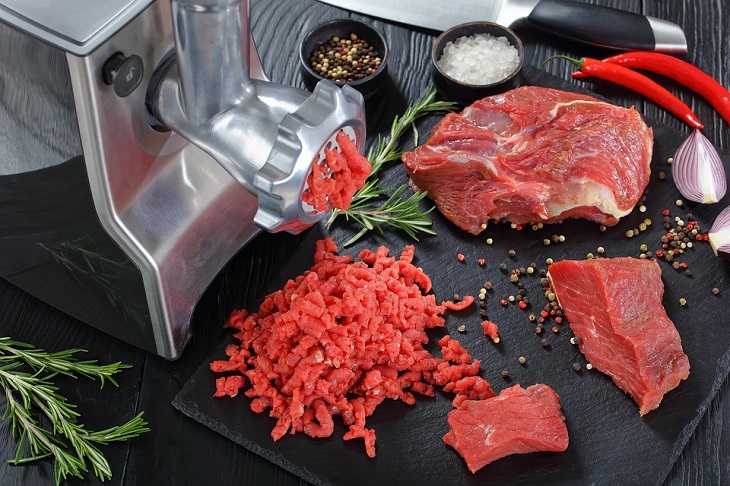There is a reason why Nairobi is called Kanairo. It simply means that when you are in Nairobi, you have to live and think like a Nairobian. Not every food in Nairobi is safe. In fact, over 80 percent of foods sold on the streets of Nairobi are not fit for human consumption.
Research conducted in 2021 found out that one in every 10 Sukuma Wiki (kales) in Nairobi is poisonous and not fit for human consumption. It was also found out that 40 percent of Sukuma Wiki sold in Nairobi is grown on raw sewage land.
For those who love eating githeri, (a mixture of cooked beans and maize), you better reconsider for almost all githeri cooked on the streets of Nairobi is cooked using painkillers in what they say is tailored towards making it soft.
When it comes to buying minced meat, please do not try already minced meat from the local butcheries. Insist that the meat is cut in your presence and minced as you see. Never pay for minced meat that was minced in your absense.
Most butcheries in Nairobi will collect bones, crush them, collect meat leftovers, even from the floor, then crushed them as minced and sell them to unsuspecting customers. In the real sense, you will not be buying meat but trash and diseases.
Any meat bought from a Nairobi butchery should be thoroughly washed and boiled for some time before being fried. Buying minced meat from these butcheries means that the chances of washing the meat to achieve perfection are reduced. Many people do not bother to wash minced meat.
If you must eat meat, buy one and go and chop it in your house. Your health matters more than your appetite for meat. This does not mean that meat in Supermarkets in Nairobi is safe. It has been proved that most of them are poisonous.

